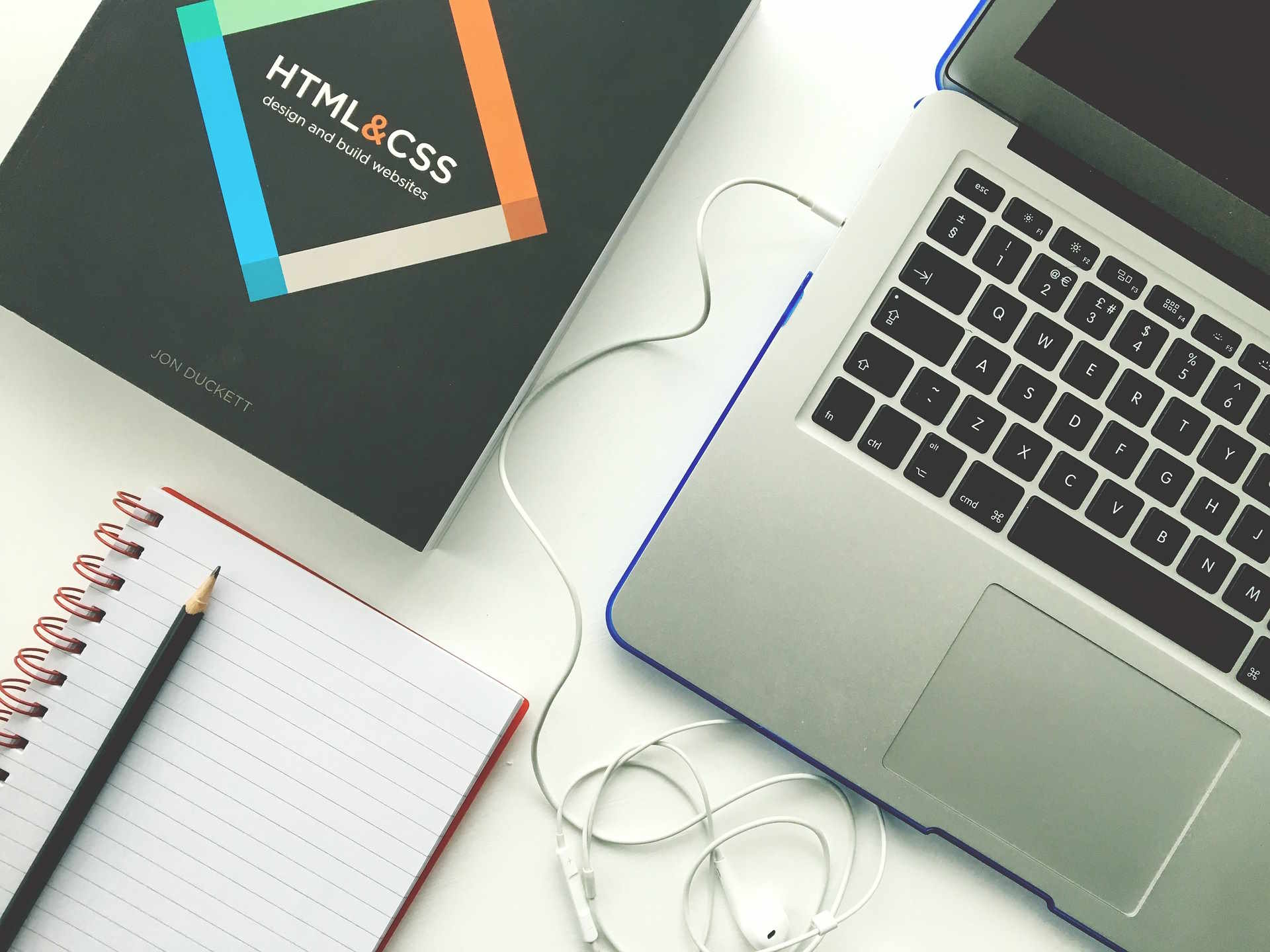Unlocking Your Tech Career: A Comprehensive Guide to Coding Bootcamps
Coding bootcamps have emerged as a popular alternative to traditional computer science degrees, offering intensive, short-term training programs designed to equip students with practical coding skills. These programs cater to beginners and career changers alike, providing a fast-track route into the tech industry. With the growing demand for skilled developers, coding bootcamps have become an attractive option for those looking to quickly transition into a rewarding tech career.

What exactly are coding bootcamps?
Coding bootcamps are intensive, short-term training programs that teach programming languages, web development, and other tech skills. Unlike traditional degree programs that can take years to complete, bootcamps typically last between 8 to 24 weeks. They focus on practical, hands-on learning experiences, often culminating in the creation of a portfolio of projects that students can showcase to potential employers.
How do coding bootcamps differ from traditional education?
The main difference lies in the approach and duration. While traditional computer science degrees offer a broader theoretical foundation over several years, coding bootcamps provide a concentrated, skills-focused curriculum in a matter of months. Bootcamps emphasize practical coding skills and project-based learning, preparing students for immediate entry into the workforce. They often have strong industry connections and may offer career services to help graduates secure jobs.
What types of coding bootcamps are available?
There are various types of coding bootcamps to suit different needs and learning styles:
-
Full-time immersive programs: Intensive, in-person courses that require full-time commitment.
-
Part-time programs: Designed for those who need to balance work or other commitments.
-
Online coding bootcamps: Offer flexibility to learn from anywhere, often with self-paced options.
-
Web development bootcamps: Focus specifically on front-end, back-end, or full-stack web development.
-
Specialized bootcamps: Target specific areas like data science, UX/UI design, or mobile app development.
What can you expect to learn in a coding bootcamp?
Curriculum varies depending on the bootcamp and specialization, but typical topics include:
-
Programming languages (e.g., JavaScript, Python, Ruby)
-
Web development frameworks (e.g., React, Angular, Node.js)
-
Database management
-
Version control systems (e.g., Git)
-
Agile methodologies
-
Problem-solving and algorithmic thinking
-
Portfolio development and project work
Are coding bootcamps worth the investment?
The value of a coding bootcamp depends on individual goals and circumstances. Bootcamps can be an effective way to quickly gain in-demand skills and transition into a tech career. However, they require significant time, effort, and financial investment. Potential benefits include:
-
Faster entry into the job market compared to traditional degrees
-
Lower overall cost than a four-year computer science degree
-
Hands-on, practical experience with current technologies
-
Networking opportunities with industry professionals
-
Career support services to help with job placement
It’s important to research thoroughly and choose a reputable bootcamp that aligns with your career goals and learning style.
How much do coding bootcamps cost, and what are some popular options?
Coding bootcamp costs can vary widely depending on the program length, format, and location. Here’s a comparison of some popular coding bootcamps and their approximate costs:
| Bootcamp Name | Format | Duration | Cost Estimation |
|---|---|---|---|
| Flatiron School | Full-time/Part-time | 15-60 weeks | $16,900 - $18,900 |
| General Assembly | Full-time/Part-time | 12-24 weeks | $14,950 - $15,950 |
| Hack Reactor | Full-time/Part-time | 12-36 weeks | $17,980 - $31,000 |
| App Academy | Full-time/Part-time | 16-24 weeks | $17,000 - $31,000 |
| Thinkful | Full-time/Part-time | 5-6 months | $9,500 - $16,000 |
Prices, rates, or cost estimates mentioned in this article are based on the latest available information but may change over time. Independent research is advised before making financial decisions.
When considering a coding bootcamp, it’s essential to factor in not only the tuition costs but also living expenses, potential loss of income during full-time programs, and any financing options available. Many bootcamps offer various payment plans, including deferred tuition or income share agreements, which can make the programs more accessible to a wider range of students.
In conclusion, coding bootcamps offer a fast-paced, intensive learning experience for those looking to break into the tech industry or enhance their existing skills. While they require significant commitment and investment, they can provide a valuable alternative to traditional education paths for many aspiring developers. As with any educational decision, it’s crucial to thoroughly research options, consider personal goals and learning styles, and carefully weigh the potential benefits against the costs before enrolling in a coding bootcamp.




